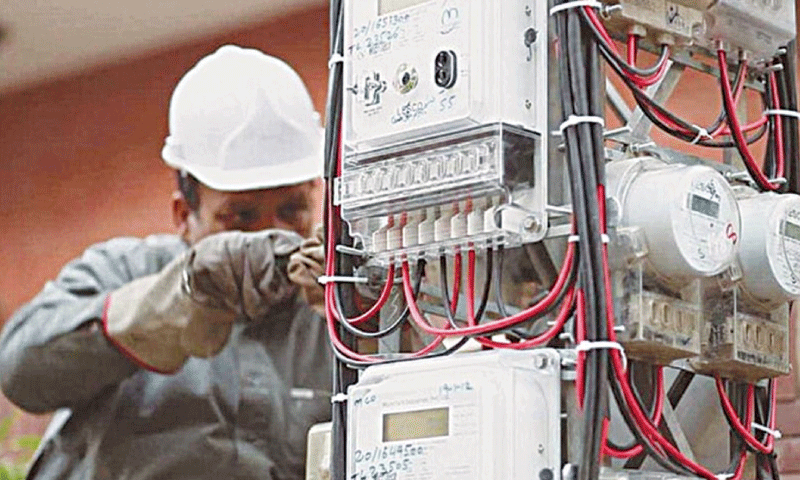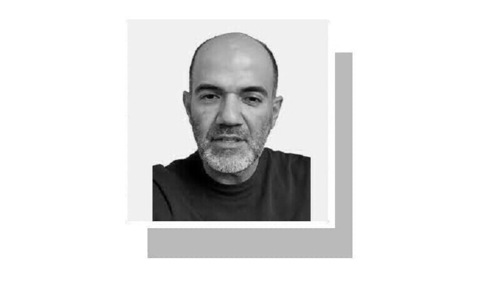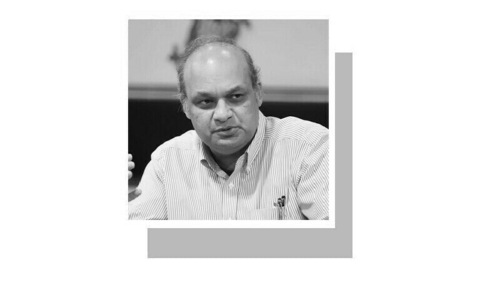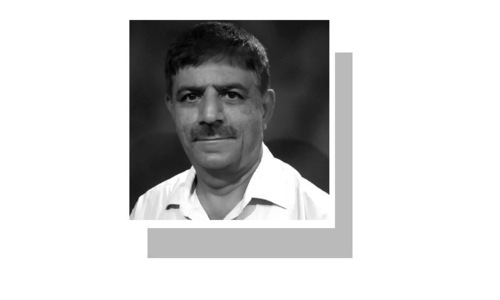THE global community has shone a harsh light on the fraying social contract between Pakistan’s people and state, as evident in regular protests and the expanding cast of missing persons, including political workers, rights activists, journalists, and YouTubers. The UN has again demanded that Pakistan ratify the International Convention for the Protection of All Persons from Enforced Disappearance, and grant “human, technical and financial resources” to widen and implement measures that prevent and halt enforced disappearances, as well as secure ethnic minorities. On Friday, the UN Committee on the Elimination of Racial Discrimination released its findings. It wants the government to “investigate and prosecute” all reports of enforced disappearances involving the Baloch, politicians, administrators, mediapersons and human rights defenders, ensure penalties and accountability for perpetrators and provide restorative justice — restitution of dignity, rehabilitation, compensation and an end to the practice. In the context of Baloch missing persons, Pakistan has made feeble attempts to address impunity and the role of intelligence agencies. While the Supreme Court instituted a Commission of Inquiry on Enforced Disappearances in 2011, it took 12 years and a high court’s intervention for the Balochistan government to form a committee. Under the PTI, a bill pertaining to enforced disappearances, passed by the National Assembly, went ‘missing’ after it was sent to the Senate.
Pakistan must introspect. First, it has consistently violated international treaties, including the torture convention and the accord on civil and political rights. Second, lawmakers’ tenures will remain tainted without strong laws banning all forms of state-ordained abductions, ending impunity and bringing the intelligence machinery under the law’s purview. Third, our touchy establishment needs to understand the gathering storm of retaliation. It stems from pain; the culture of Balochistan stands altered as its women confront oppression. Moreover, every arbitrary confinement, regardless of duration, must be defined and treated as an illegal act. Modernisation is based on a progressive approach towards freedom of expression. A climate of insecurity jeopardises democracy and political parties. Offenders are vitalised when citizens and their opinions are disregarded, breeding discontent and eroding federalism.
Published in Dawn, August 26th, 2024











































Dear visitor, the comments section is undergoing an overhaul and will return soon.